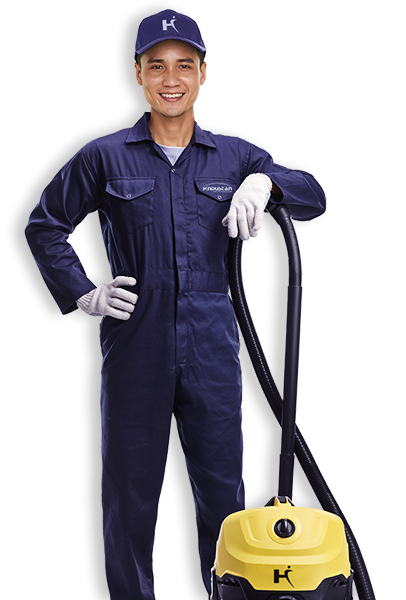If you live on the 6th floor or if your office is on the 13th floor, riding an elevator every now and then is very common for you. But now it has come to our knowledge that COVID-19 spreads the most in places where people are stand or sit within 6 feet of each other. This means elevators, be it of your apartment or your office, elevators could increase chances of transmission. Moreover, if they are crowded with people using them for a long span of time or frequently, the situation becomes even worse.
How does the transmission take place in elevators?
The novel coronavirus usually spreads through droplets that are larger than 5 micrometers when a person with the infection sneezes, coughs, or even speaks. This is different from what scientists believe to be an airborne transmission that includes tiny viral elements called aerosols that stay in the air for quite some time.
This suggests that these aerosols don’t go from the air easily. So, anyone could come into a room believing it is safe and then, you inhale the infected air. This means people infected with COVID-19 regardless of their symptoms could infect the stale air in the elevator. This is because space is tightly enclosed without any airflow and it increases the risk of contamination to a great extent.
Can viral particles survive for a long time in elevator buttons?
When it comes to the spread of coronavirus, the number of people within a given space, and how closely they are packed is of utmost significance. If a person alone uses the elevator, then the chances of contamination are low. But this is next to impossible in crowded apartments and offices.
It goes without saying that a person can get infected with coronavirus if they come in contact with any object or surface with viral particles on it and then touch their mouth or nose. Though the lifespan of coronavirus tends to vary from one surface to another depending on humidity, temperature, and surface type, it definitely stays longer on plastic and stainless steel. One study even found that coronavirus lasts for up to 7 days on buttons like that of elevators. This means that door handles and elevator buttons could play a huge role in the transmission of the virus. So if you have to touch them, make sure that you wash your hands vigorously afterward.
What’s the solution?
According to experts, if you want to stay safe, you should stay in a corner and stand facing the corner and use toothpicks for facing the buttons. Also many are trying to develop technology like UV light disinfection as well as voice-activated tools. With the risk of the pandemic spreading from one person to another, it is important to maintain safe and clean vertical transportation.
Everyone knows that elevators mostly remain cramped and can hardly fit two individuals when they are maintaining a safe distance of 6 feet. Air circulation is restricted to what opening and closing doors can manage coupled with some vents. But the good news is though transmission is not impossible when people leave behind respiratory droplets of the virus in the elevator.
For mitigating these problems, experts opine that people who are using elevators must wear masks and resist touching any surface and if it’s really necessary then, one should use disposable tissues and toothpicks. According to the CDC, if possible, it is best to use stairs and maintain a distance of at least 6 feet. And when you think about it, though it makes sense, when the time comes, maintaining these social protocols becomes very difficult considering the huge population of our country.
It also brings up logistics challenges to facility managers as well as employers when thousands of people are having to move every day within that very building. Reducing the number of people moving within the facility by 50 percent would only mean people have to wait for a longer time to reach the desired place of work. And when there’s a queue, people can’t help but huddle, cough, sneeze and talk which could magnify the chances of contamination.
If you can’t help but use the elevators, then certain guidelines have to be strictly followed. For instance, using masks, not talking, and not touching anything within the elevator can go a long way in reducing the chances of contamination within the elevator. Also, facility managers should see to it that al surfaces within the elevator must be properly sanitized several times in a day. Though many offices have started functioning with a reduced workforce, even then the elevators tend to be a hotspot for the spread of germs, and thus adequate attention should be given to it for the health and safety of the employees.


